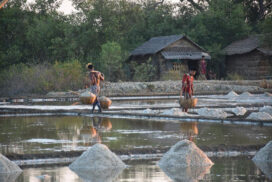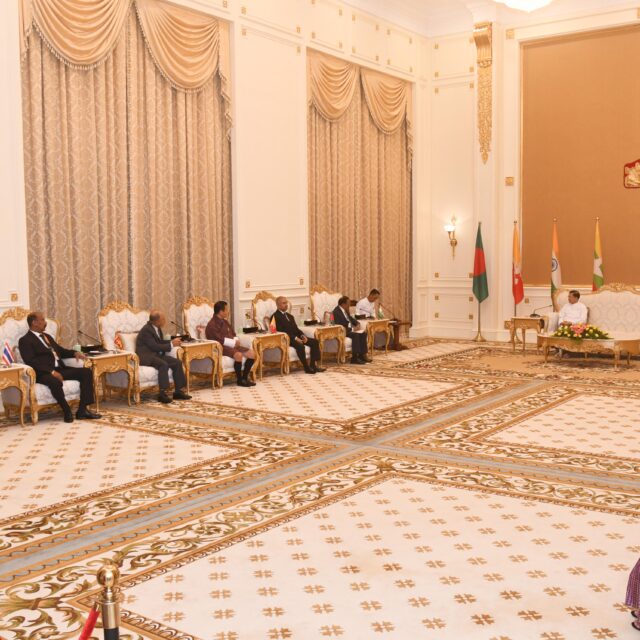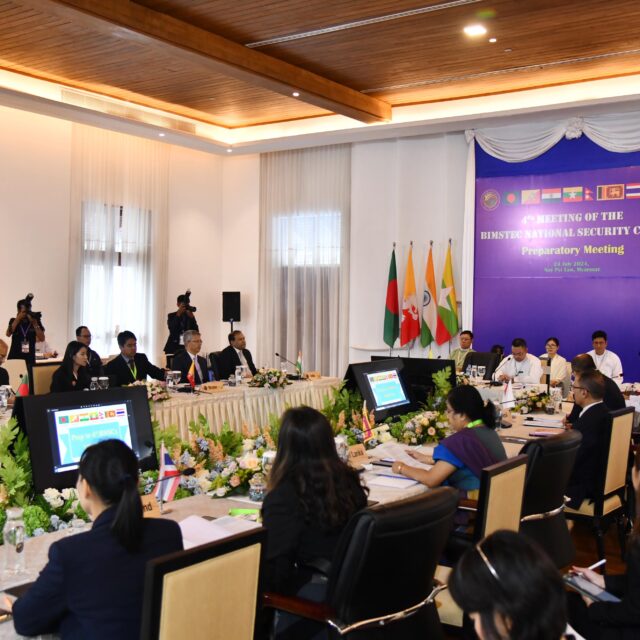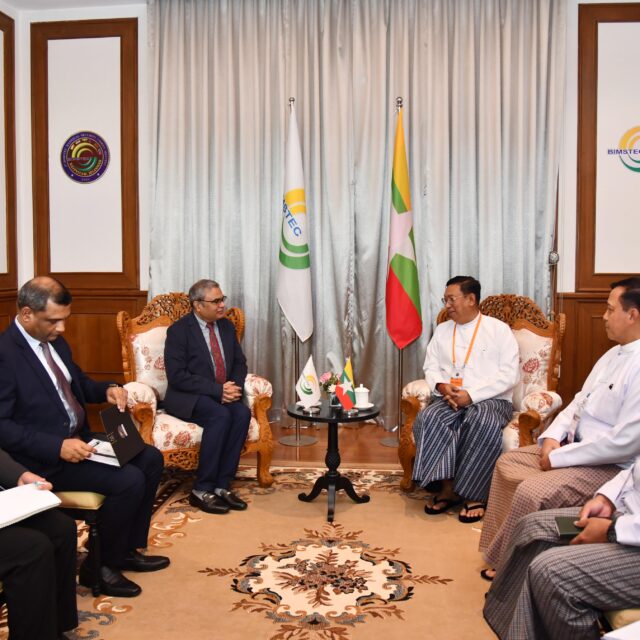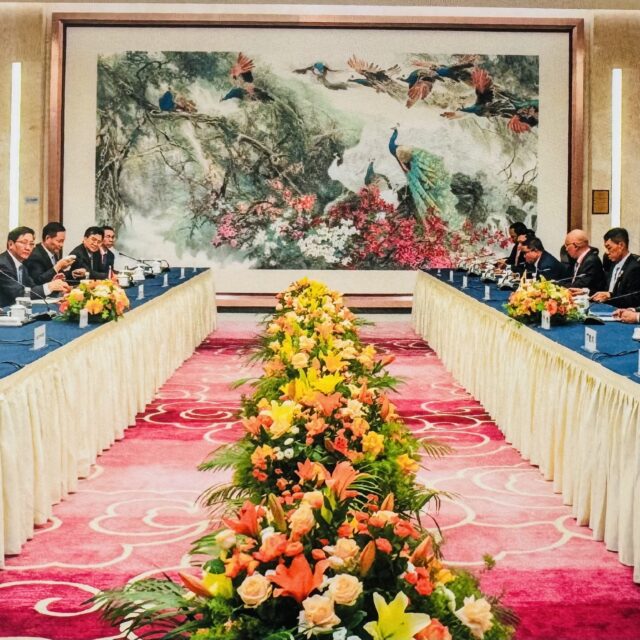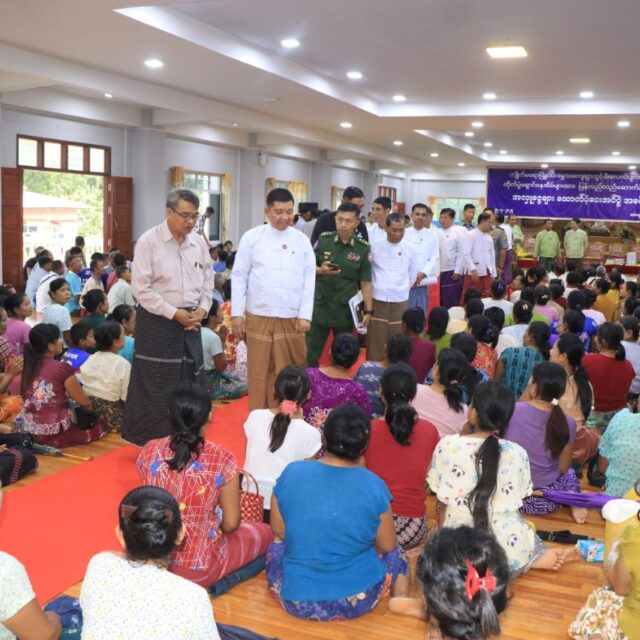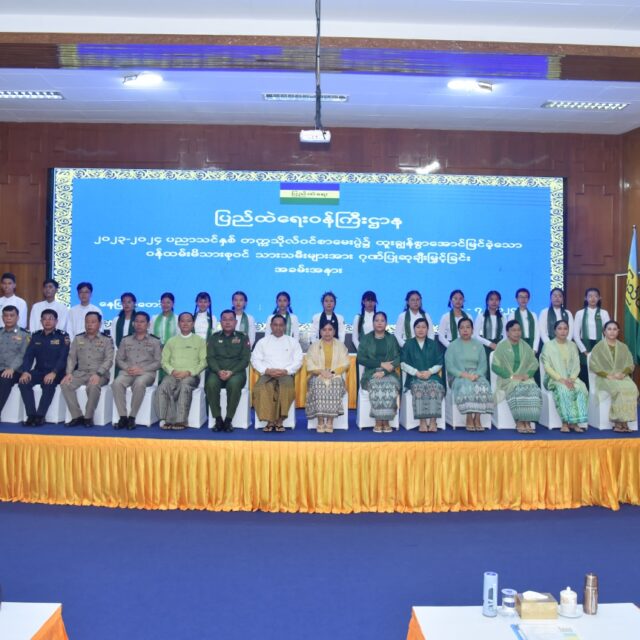O ptimal conditions for sun-dried salt production align with the open season, providing a prime opportunity for salt farmers. Nevertheless, Myanmar’s salt farmers grapple with the essential prerequisites of investment, modern methodologies, and machinery to enhance salt production.
Presently, Myanmar caters to both domestic and export markets with the production of fine and coarse salt. Salt farms located in Mon and Rakhine States, as well as the Ayeyawady Region, contribute to the diverse array of salt varieties. Notably, 66 per cent of the total output hails from the Ayeyawady Region, with the remaining 34 per cent originating from Rakhine and Mon states. Traditionally reliant on stove-based techniques, Myanmar transitioned to sun-dried salt production at the Kyaikkhami salt farm in Thanbyuzayat Township, Mon State, six decades ago.
However, sun-dried salt production remains contingent on favourable weather, resembling the seasonality of agricultural tasks. Salt farmers engage in daily collections from sun-dried farms to sustain production. In contrast, the stove-dependent salt industry relies on firewood, posing long-term risks to deforestation and contributing to climate change.
The Ayeyawady Region, encompassing Labutta, Ngaputaw, and Pyapon townships, has historically been renowned for salt production. Cyclone Nargis wreaked havoc on salt farm infrastructures, devastating the lives and property of salt farmers in 2008. Despite the entry of high-priced Thai salt into the domestic market during that period, demand persisted due to the preference for quality salt.
Statistics indicate an average daily salt consumption of 0.5 ticals per individual, translating to a national demand exceeding 160,000 tonnes of fine salt annually. This presents a lucrative market for businesspersons to strategize how to meet the local demand for both fine and coarse salt production at home.
To elevate salt production techniques, farmers must explore innovative methods through research, focusing on delivering high-quality, safe salt for consumption while gaining a competitive edge in the international market. A systematic approach that integrates sun-dried and conventional salt production with modern techniques will not only contribute to local salt sufficiency but also enhance safety measures for consumption, aligning Myanmar with global standards.
Salt farmers need to seek the best ways and means through research processes so as to produce quality salt for the safe consumption of the people and to occupy the market share of the international community with the export of quality salt. The systematic salt production process based on sun-dried and other conventional salt production and modern salt production techniques will contribute to local salt sufficiency and safety measures for consumption in keeping abreast of other countries.
Promote high-quality salt for local consumption and global export
- February 05, 2024
- 165

